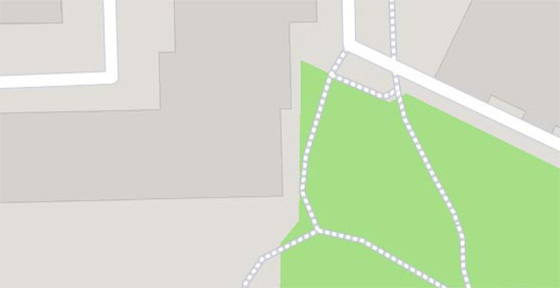Palace Huis ten Bosch
Local name: Huis ten Bosch
Huis ten Bosch is a 17th-century palace, the residence of a Dutch ruling family. The Huis ten Bosch palace is on the list of the 100 most important Dutch buildings. His architectural perfection resulted in the creation of replicas of the palace - the most famous was erected in the amusement park Huis ten Bosch near Nagasaki.
Work on the construction of the palace designed by Pieter Post began on September 2, 1645. The original intention was to be the summer residence of Frederik Hendrik Oranski and his wife Amalia van Solms. When Frederik Hendrik died in 1647, the widow turned the palace into a form of commemoration of her husband. The vault of the central hall was decorated with paintings depicting the life and glorious achievements of Frederik Hendrik.
The palace received its modern form during the reconstruction from 1734-1737. During the French rule he served as a prison. Then there was a museum, salary for brides, and even for a short period housed a brothel. It is here that three famous Hague Conventions were signed, regulating, among others principles of warfare and treatment of prisoners of war.
Attractions inside




